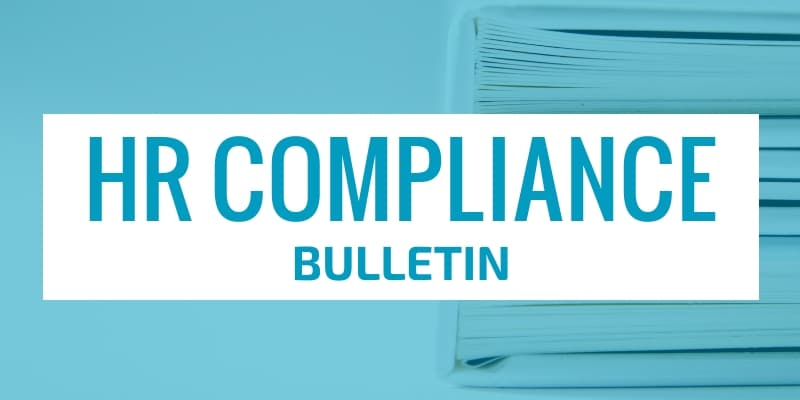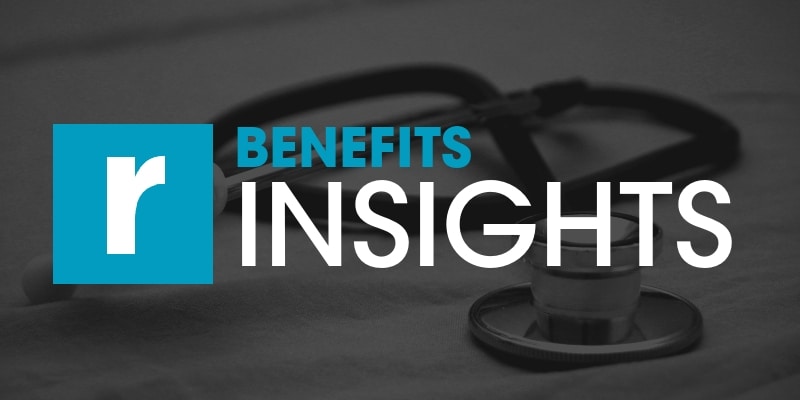 Many health plans provide coverage for employees’ dependent children. Since 2010, the Affordable Care Act (ACA) has imposed strict requirements on plans that provide dependent coverage. These requirements prohibit restrictions that employers had frequently used to limit dependents’ eligibility for coverage prior to 2010.
Many health plans provide coverage for employees’ dependent children. Since 2010, the Affordable Care Act (ACA) has imposed strict requirements on plans that provide dependent coverage. These requirements prohibit restrictions that employers had frequently used to limit dependents’ eligibility for coverage prior to 2010.
Specifically, group health plans and health insurance issuers offering group or individual coverage that provide dependent coverage to children on their parents’ plans must make coverage available until the adult child reaches age 26.
As employers look for ways to reduce the costs of providing coverage to employees and their families, they may be considering limiting dependent coverage, or imposing additional costs or restrictions on eligibility. However, these measures may be prohibited by the ACA. This Compliance Bulletin provides an overview of the rules that employers must follow when offering dependent coverage.
 On Oct. 2, 2020, The Internal Revenue Service (IRS) Issued Notice 2020-76 To:
On Oct. 2, 2020, The Internal Revenue Service (IRS) Issued Notice 2020-76 To:

 Many health plans provide coverage for employees’ dependent children. Since 2010, the Affordable Care Act (ACA) has imposed strict requirements on plans that provide dependent coverage. These requirements prohibit restrictions that employers had frequently used to limit dependents’ eligibility for coverage prior to 2010.
Many health plans provide coverage for employees’ dependent children. Since 2010, the Affordable Care Act (ACA) has imposed strict requirements on plans that provide dependent coverage. These requirements prohibit restrictions that employers had frequently used to limit dependents’ eligibility for coverage prior to 2010. Employers are responsible for educating their employees about the health coverage options they offer. Now, amid massive uncertainty caused by events such as the COVID-19 pandemic, the upcoming presidential election and the impending court case over the constitutionality of the Affordable Care Act (ACA), employees may be more stressed than ever about the status of their employee benefits.
Employers are responsible for educating their employees about the health coverage options they offer. Now, amid massive uncertainty caused by events such as the COVID-19 pandemic, the upcoming presidential election and the impending court case over the constitutionality of the Affordable Care Act (ACA), employees may be more stressed than ever about the status of their employee benefits.